News - Advertising
Lebanon on the ropes
by Iain Akerman
October 16, 2019
.jpg) Advertisement
AdvertisementGood news is hard to come by in Lebanon. The country has one of the highest debt burdens in the world and teeters on the edge of economic collapse. The situation is so bad that Saad Hariri, the country’s prime minister, was on the brink of announcing a state of economic emergency in early September. Later that month protestors took to the streets of both Beirut and Tripoli.
Although an austerity budget was introduced earlier this year in an attempt to reduce the country’s deficit, a shrinking economy, political infighting, dwindling confidence, and disputes over the fiscal and structural reforms needed to fix the country’s deficit are hampering progress. Adding salt to the country’s gaping wound was the August downgrade of Lebanon’s credit rating from B- to CCC by international credit rating agency Fitch.
With economic calamity as a backdrop it is hardly surprising that the country’s media and advertising industry is suffering. Although estimates of the scale of the industry’s contraction vary, Hana Kaddaha Khatib, managing director of GroupM Lebanon and regional managing director of Mindshare Levant, estimates that the overall market has dropped by a minimum of 30 per cent. She is far from alone in her estimation.
“2019 was one of the worst years ever registered. The drop is across all types of businesses due to the drastic economic slowdown. The world is witnessing a crisis in general, the GCC also, the Levant region, too, and very fiercely Lebanon.”-- George Jabbour, CEO, MCN Lebanon.
“2019 was one of the worst years ever registered,” says George Jabbour, MCN’s chief executive for Lebanon. “The drop is across all types of businesses due to the drastic economic slowdown. The world is witnessing a crisis in general, the GCC also, the Levant region, too, and very fiercely Lebanon. The communication field is usually very fragile and is affected quickly. That’s why we can notice a substantial drop in media investments. No need to add the big shift from offline media to online media, which is making the situation even worse.
“The major problem is that we are left without alternative options,” adds Jabbour. “This means that the organic business is shrinking as well as the total market, which leaves us in a situation where the non-organic business is quite non-existent. Many sectors are cutting budgets, others are closing or emigrating, which is a real crisis.”
In January the Blom Purchasing Managers’ Index stood at 46.5, indicating “negative sentiment about the future”, notes Rachid El Khazen, general manager of OMD Lebanon. Although the index rose to 47.8 in August, indicators of any notable improvement remain absent. As a result, many marketers are continuing to prioritise savings over investment in marketing and communication.
“The new banking regulations are also making it difficult for the media industry to trade in US dollars,” says El Khazen. “This potentially limits our options in the digital space in particular, but the upside of this could be that it will incentivise brands to invest in local media. There’s little chance international media platforms will accept payment in Lebanese pounds. Another concern is the growing short-termism of clients, who focus too much on the top line.”
The response of agencies to these economic conditions has varied. Controlling costs (mainly salaries and overheads), maintaining quality and retaining talent has been a priority for MCN’s Jabbour, while GroupM has consolidated in terms of physical office space. “All GroupM agencies are now located in one building and benefit from shared resources like IT and other supporting functions,” says Khatib. “Apart from that, no additional cost cutting took place, simply because we never overstaffed. We’ve always had a lean and agile structure to service our clients effectively and efficiently.”
“We thrive on the ups and downs… we thrive on the mobility and agility of our market and we see the coming years very positively.”—Wilson Issa, EVP, Publicis Media Levant
Others have integrated their offerings and acted on what they perceive to be opportunities. “Although the situation could have been a remarkable setback for our agency, we decided to rise to the challenge and actively seek growth by breaking the rules,” says Maroun Hassoun, general manager of PHD Beirut. “We explored beyond our traditional scope of work and found growth for both the company and its employees through a richer offering and enhanced skill-sets. We integrated new divisions, including influencer marketing, PR, programmatic and content creation, to become a 360 degree marketing agency and a hub for clients looking for a marketing breakthrough. This approach has proven very effective as we’re now working with larger, more holistic budgets. This has not required us to take any other form of action to respond to market conditions.”
Although the primary concerns are financial, there are wider issues at stake. Reduced budgets and the problems associated with cash flow may remain, but the deeper worry is of an irreversible loss of talent, as Wilson Issa, executive vice president for the Levant at Publicis Media, explains. “The greatest concern across the entire ecosystem is talent migration,” he admits. “Without the right talent to look at each challenge with a mindset to solve problems and create meaningful results, we will not succeed.”
“Although the situation could have been a remarkable setback for our agency, we decided to rise to the challenge and actively seek growth by breaking the rules.”--Maroun Hassoun, GM, PHD Beirut
We’ve been here before of course. After all, economic and political turmoil is nothing new to the Lebanese. Issa for one appears unperturbed. For him, economic, political and social tribulations are simply part of the region’s wider reality, whether we like it or not. “This year is no different,” he says. “We thrive on the ups and downs… We thrive on the mobility and agility of our market and we see the coming years very positively. We believe that to win you must harness data into actionable business insights, you must leverage technology to enable human engagement, and you must have a view to what transformation means to consumers and client industries. This is core to our Power of One model and core to our vision of Publicis Media.”
“It’s safe to say that downturns and market upheavals are nothing new in Lebanon. I’ve lost count of how many times we’ve experienced these before. The benefit of this otherwise unfortunate experience is that we’ve learned to take these in our stride and respond accordingly.”— Rachid El Khazen, GM, OMD Lebanon
El Khazen agrees. “It’s safe to say that downturns and market upheavals are nothing new in Lebanon,” he says. “I’ve lost count of how many times we’ve experienced these before. The benefit of this otherwise unfortunate experience is that we’ve learned to take these in our stride and respond accordingly. We haven’t had to reduce headcount but keep focusing on operating optimally, allocating resources where they’re most needed. Through innovation and agility, we make sure to capitalise on every opportunity.”
For the optimistic, the immediate future does hold up some prospect of improvement. For example, Hassoun cites the beginning of offshore oil extraction. “We expect to see new businesses and revenue flows in the country,” he says of the country’s fledgling oil sector. “This will have a domino effect and eventually elevate the country in terms of regional significance in the advertising sector. More specifically, we believe e-commerce brands will become a major growth engine.”
However, the overriding reality is that no end to the current economic turmoil is in sight. Not a single forecast points towards growth anytime soon, while austerity is likely to heighten social friction, increase poverty, and widen income inequality. All of which means the Lebanese will have to continue to draw on the one resource they have a seemingly endless supply of – resilience.
“I am a firm believer in the formula of ‘hope for the best but always be prepared for the worst’’. I always do and invite my team to keep a positive heart-set and an open mindset. We are all invited to stay focused on what we are good at.” -- Hana Kaddaha Khatib, MD, GroupM Lebanon and regional MD, Mindshare Levant
“I am a firm believer in the formula of ‘hope for the best but always be prepared for the worst’,” says Khatib. “I always do and invite my team to keep a positive heart-set and an open mindset. We are all invited to stay focused on what we are good at. Invest our time and effort to differentiate our product, our offered services, and always upgrade our team’s capabilities and be a future-ready agency for our clients. We can always find opportunities in tough times, as today, more than ever, clients are keen on having real business partners and ROI driven agencies.”
“I believe optimism should prevail,” adds Issa. “But most importantly it should empower us to push the boundaries of new market realities. It gives us the right to try, fail, learn and succeed, but most importantly to continue moving forward.”



.jpg)
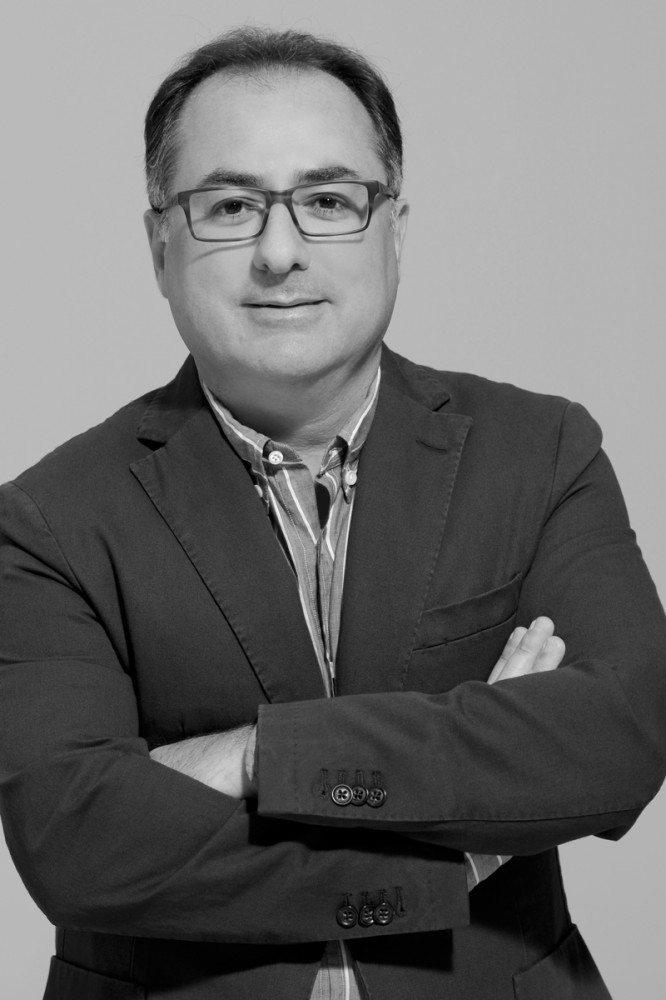
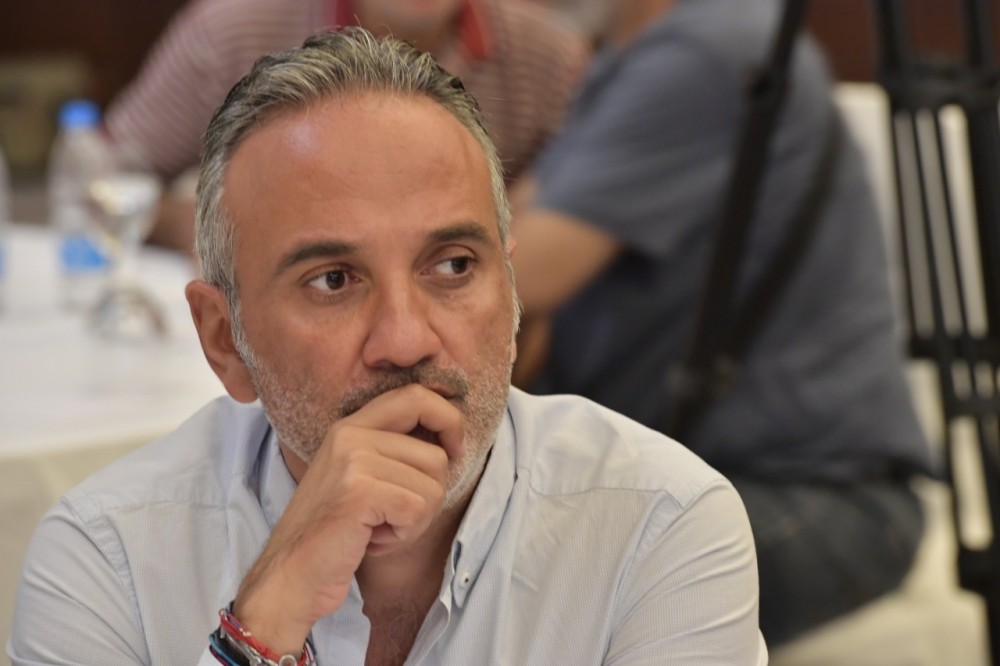
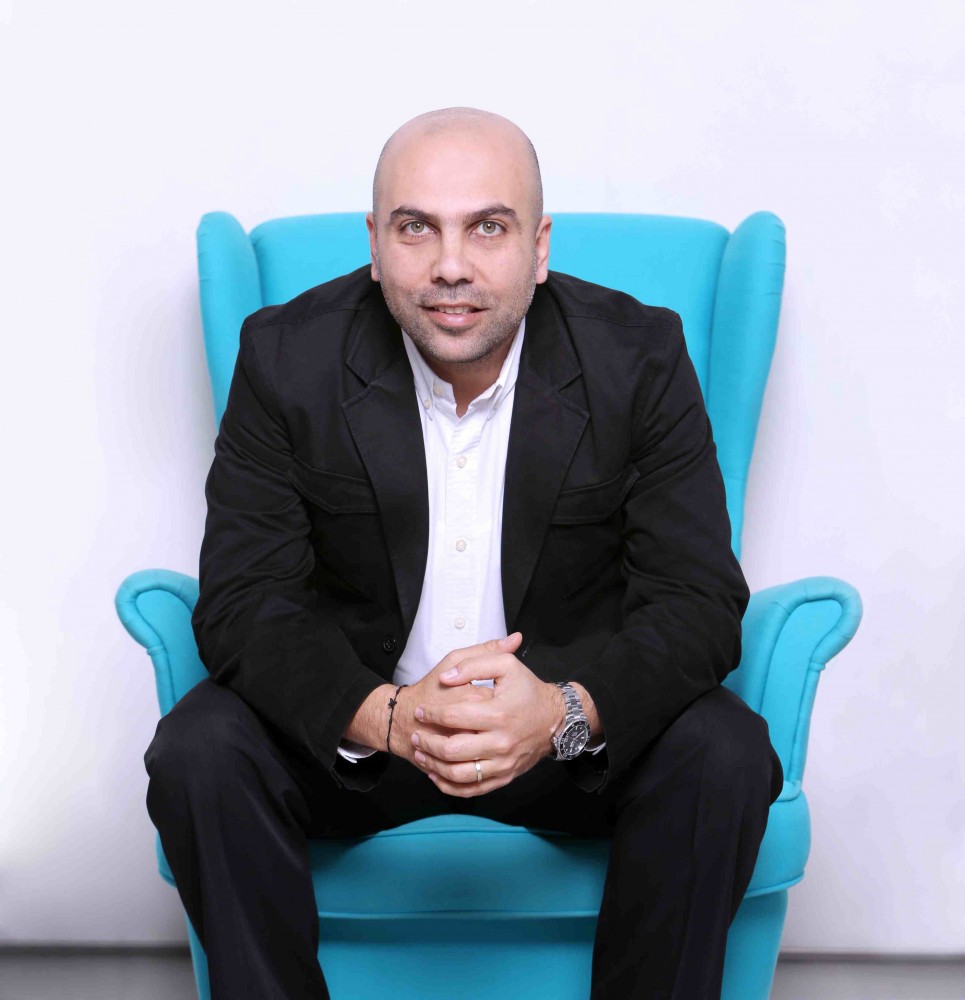
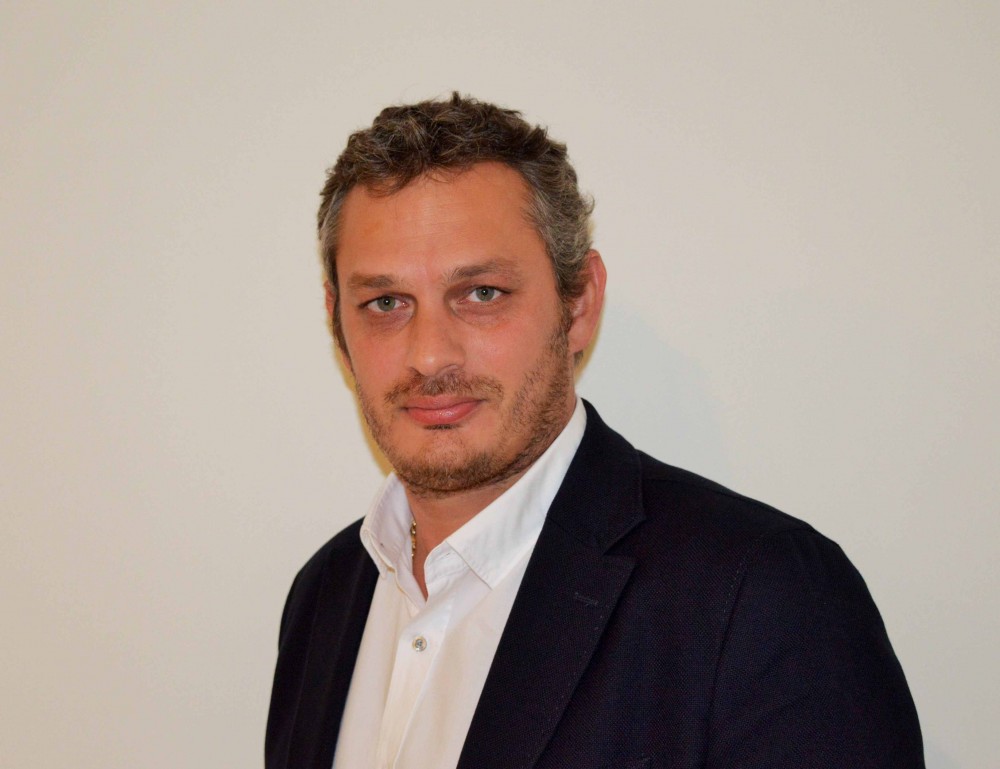
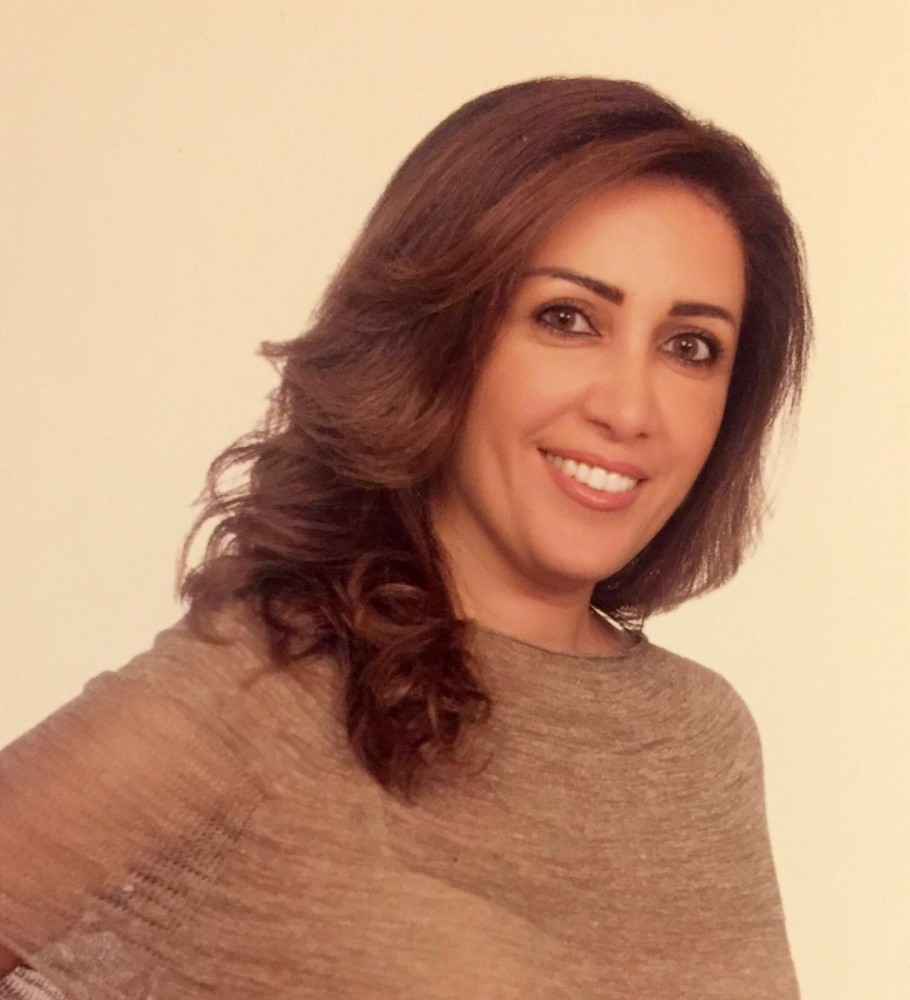
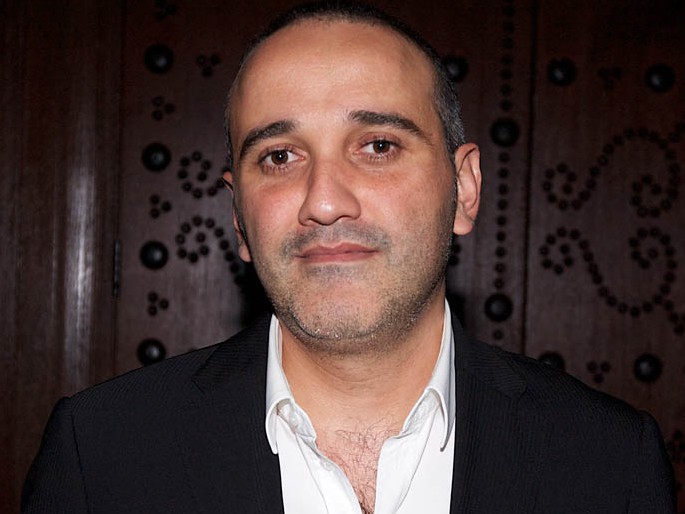

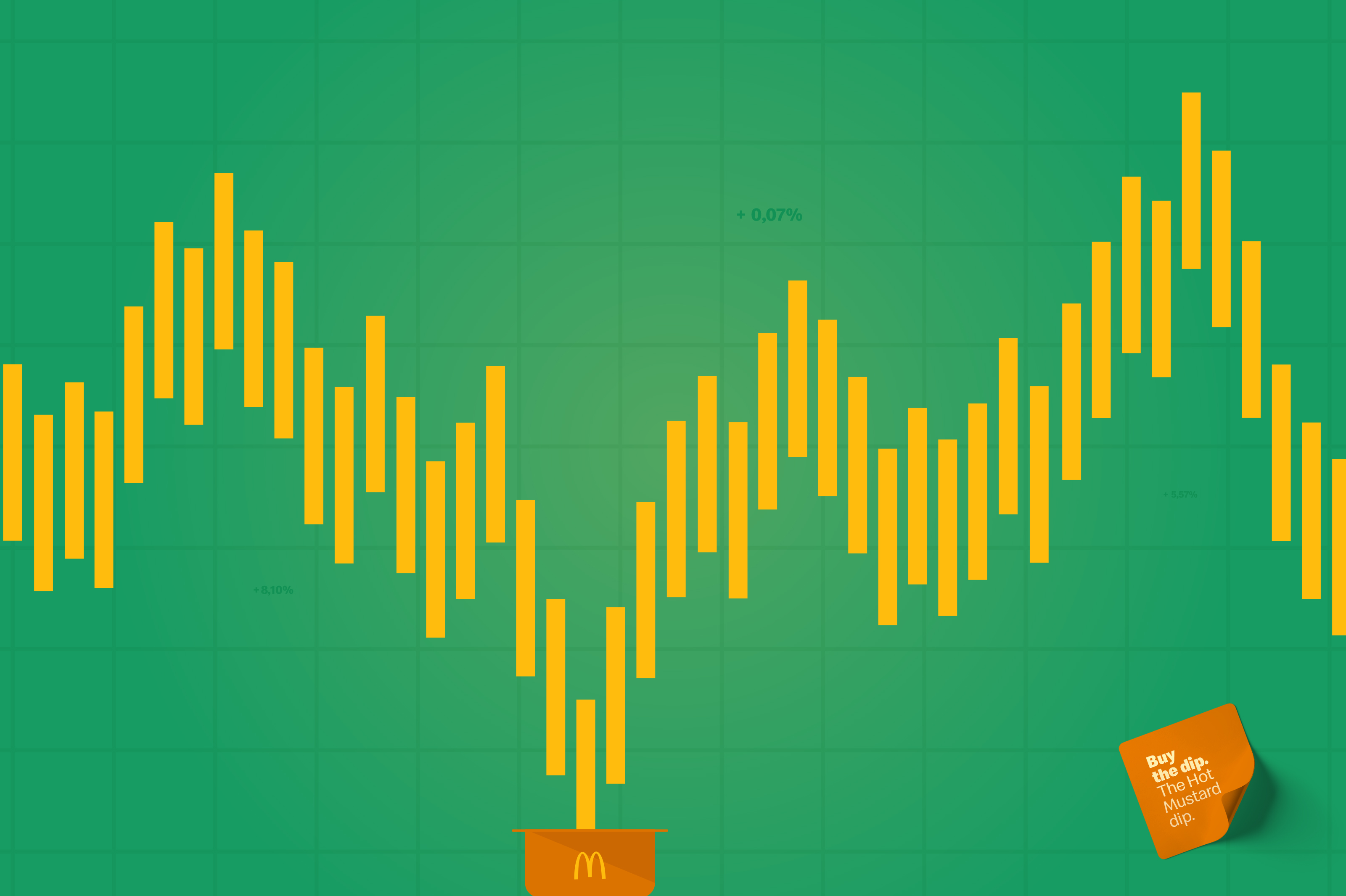
.jpg)




